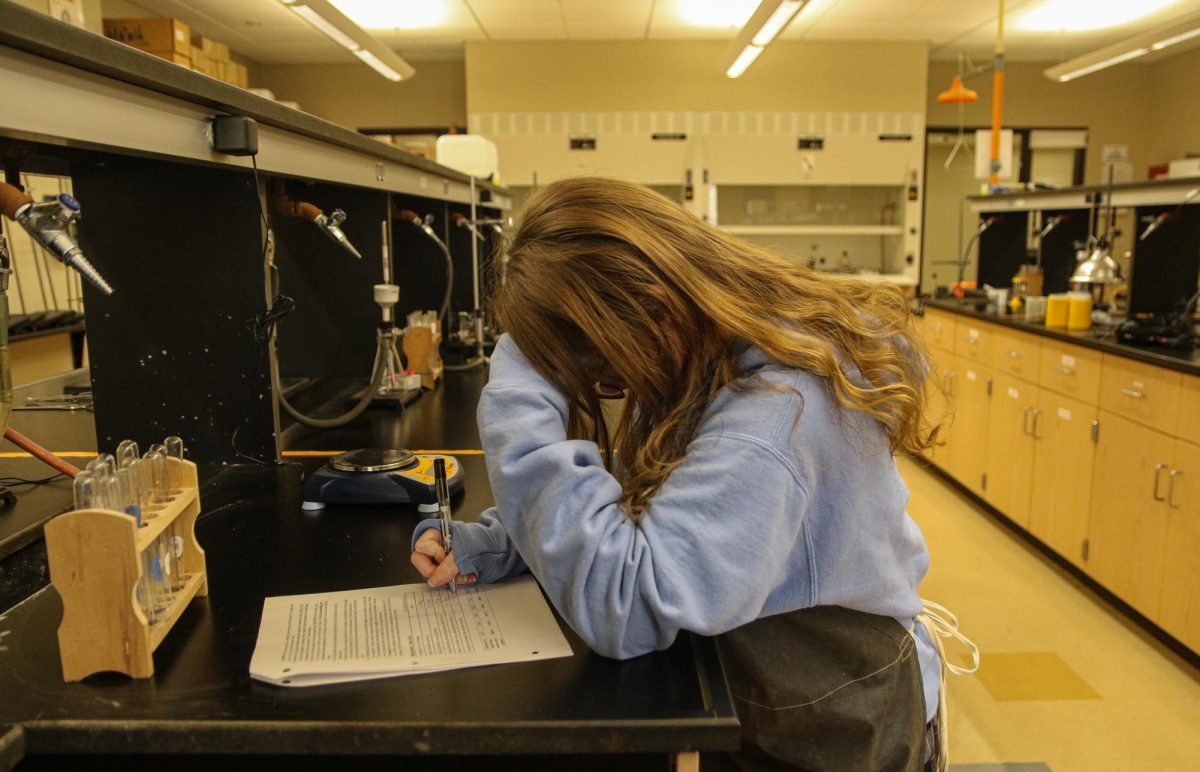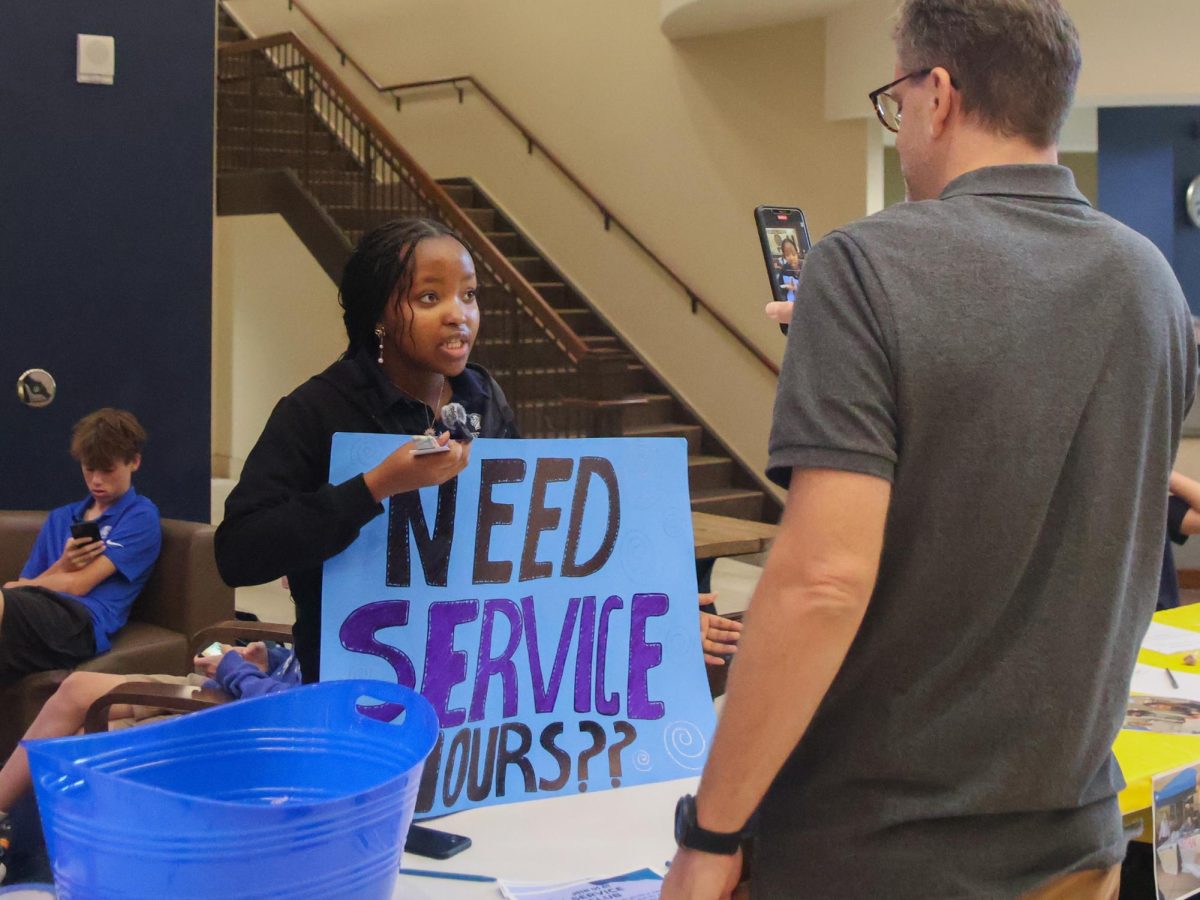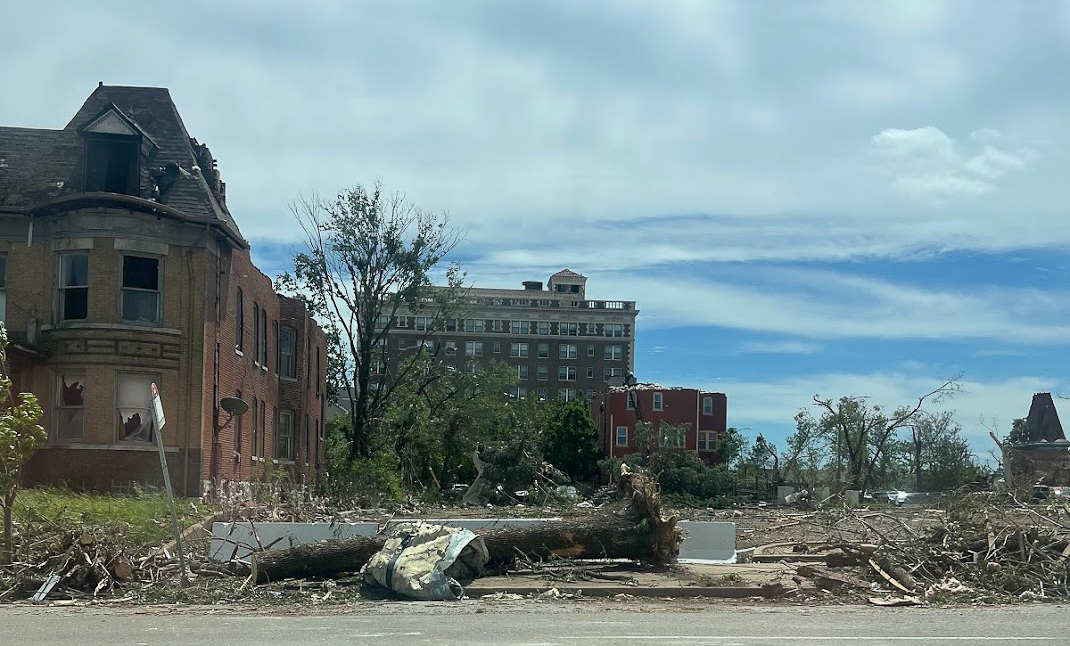Some classes at Westminster are notoriously infamous for their difficult content and near impossible tests, drawing smaller class sizes every year. What are these classes? With advice from juniors and seniors as well as reasoning from the Head of Academic Development, the difficult subjects are named and evaluated.
One of the most obvious categories for a tough class is AP classes. These classes are designed to be difficult, and the AP test is a challenge for most, if not all, of the students. When juniors and seniors were polled, 17% of responders said the hardest class they ever took was an AP class, naming classes such as AP Biology, AP European History, and AP Art History.
AP classes may seem ridiculously difficult, but there is a reason behind the difficulty. Taking them will benefit you in the future—the time spent on the class is the price you have to pay.
“AP classes by their very nature are designed to be college level courses because students–as long as they get the right score on the AP test–get college credit. And so those classes inherently come with certain challenges.” said Micah Gall, Head of Academic Development.
Many students choose not to take AP classes, so their hardest class could depend on what area they struggle in or what subject they aren’t passionate about. However, a trend has been seen in a particular subject—science. 60% of responders said the hardest class they ever took was a science class, with some of the most common answers being honors chemistry, physics, and bio.
Hannah Lawson, senior, said chemistry was the most difficult class she’s taken. “The homework load [made it difficult] and […] the content was hard to follow, especially since I don’t enjoy science.” said Lawson.
Science classes, especially honors or AP, have a reputation for being difficult. Between the fast-paced content, the homework load, and the frequent and difficult tests, very few students have an easy time in those classes.
“It really depends on a student’s interests and a student’s gifts.” said Gall. “Every student and every set of parents with that student needs to sit down and really wrestle with, ‘what’s best for me?’ and ‘what’s best for my child?’.”
Although honors and AP classes have benefits, such as pushing a student who enjoys being challenged and, in some cases, providing college credit, it’s important to regulate. Difficult classes only become more stressful when a student’s schedule is overloaded with them.
“Sometimes we have to make decisions that, even though [you’re] eligible to take this class, it might not be in [your] best interest […] for the health of the student, not to be overloaded […] is important. I think students feel like […] if they don’t take whatever class it is, it’s going to prevent them from having future opportunities. […] That’s not necessarily true.” said Gall.
If you enjoy challenging yourself, AP and honors classes could be beneficial for you. However, it’s crucial to not fill your schedule and overwork yourself—balance is key.









